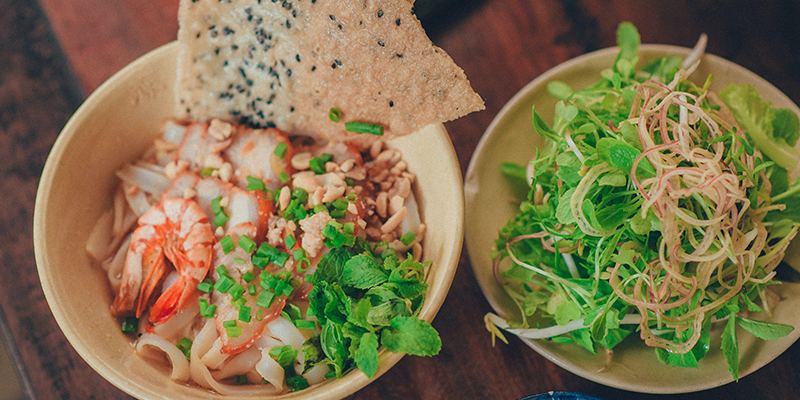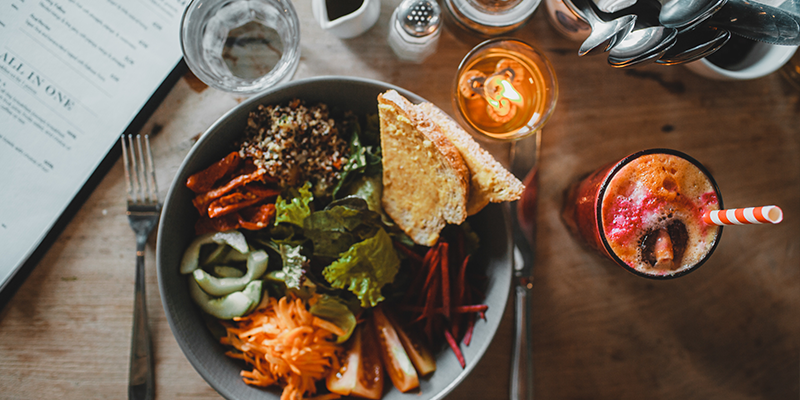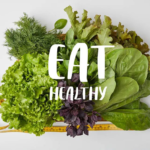During the diet, if you only eat boiled vegetables and chicken breasts, unless the willpower is quite strong, most people, will not stick to 2 days to overeat.
So, the advent of the ketogenic diet has instantly become a boon to many people, being able to eat enough, being allowed to eat meat, and crucially, losing weight! The ketogenic diet is a great way to lose weight. It can also improve sleep and regulate emotions, and it has absorbed a lot of attention over time. However, many people will experience some physical conditions such as cramps, weakness, dizziness, constipation, etc. within a certain period of low-carb keto. In such cases, supplementation with minerals known as electrolytes may be beneficial.
So, replenishing electrolytes becomes especially important at this time, which can help you get through the ketogenic adaptation period perfectly.
Biochemistry of ketogenic effects
Ketone bodies are mainly produced in the mitochondria in liver cells. Ketogenesis occurs as a response to low glucose levels in the blood or depletion of carbohydrate reserves (e.g. glycogen) in the cells. In the liver, beta oxidation of fatty acids produces acetyl coenzyme A, which is converted into ketones. Ketogenesis (ketogenesis) is the process of ketone body production as a result of fatty acid degradation processes.
The body usually starts to enter nutritional ketogenesis from a ketone body value of 0.5 mM, with an optimal value between 2.0 mM and 3.6 mM, a range we call [the ideal ketone zone].
The body produces large amounts of blood acids, and complications usually occur when B-hydroxybutyric acid in the blood reaches 5-6 mM or higher, as well as when glucose is also at high levels.

Ketone flu
Keto flu is a side effect of the conversion from a normal diet to a low-carb, high-fat diet during the pre-ketogenic phase of the diet, as the body adjusts to a different diet structure.
During the first few weeks of starting a low-carb or ketogenic diet, you may notice some symptoms of “keto flu”, mainly constipation, headaches, bad breath, muscle cramps, diarrhea, general weakness and rashes. The main electrolytes affected by this process are sodium, potassium and magnesium.
Constipation due to keto flu is usually due to dehydration, or inadequate electrolyte depletion, such as potassium and especially magnesium; then chronic stress, low fiber intake, pre-existing constipation problems, and ecological imbalances. It is recommended to consume 25-30 grams of fiber per day, especially soluble fiber; as well as 2.5 liters of water or fluid per day to replace the amount lost in the urine. It is also important to properly replace the minerals lost with water (i.e. electrolytes such as sodium, magnesium and potassium), which can be effective in relieving keto flu.

Electrolytes
When you are changing from a normal diet to a ketogenic diet, your body has to remove all the glycogen (stored glucose) that was accumulated in the previous high-carb diet, which is combined with water (2-3 grams of water per glycogen stored), and the glycogen removal process takes water with it. So this process can leave you with a lot of dehydration and loss of electrolytes, which then leads to dehydration and electrolyte imbalance, so be careful to replenish more.
Sodium deficiency: fatigue, weakness, headache, difficulty concentrating
Potassium deficiency: muscle cramps, muscle twitches, increased palpitations/heartbeat awareness
Magnesium deficiency: muscle cramps at night or muscle cramps and convulsions after exercise
Na
The keto diet plan supports the kidneys by adjusting for lower insulin levels and excreting more sodium. Therefore, this may create a higher demand for sodium in your diet because of the low sodium/potassium ratio in your diet. Therefore, we may increase sodium intake and increase salt supplementation as appropriate.
In general, the sodium intake for the average person is 1.5g-2g per day, while 3-4g of sodium per day is recommended in a ketogenic diet. For individuals who exercise daily, the current recommendation (2g of sodium per day) may be not only unwise but unsafe, as sweat from exercise will also carry away some of the sodium.
Mg
There are over 300 enzymes involved in muscle contraction, energy metabolism, neurotransmitter synthesis, and cell regeneration. Athletes can benefit from magnesium as it can improve athletic performance and recovery. Magnesium supplements have been shown to improve strength and muscle metabolism.
Supplementation with 200-300 mg of magnesium (3-4 mg/Kg p.c.) is safe for most people with healthy kidneys. However, some forms of magnesium can cause digestive problems, especially when taken alone.
Ketogenic foods high in magnesium
- Hemp seeds, 195 mg/oz (30 g)
- Cooked Swiss chard, 150 mg/cup (175 g)
- Dried pumpkin seeds, 150 mg/oz (30 g)
- Mackerel, 105 mg/4 oz (114 g)
- Chia seeds, 95 mg/oz (30 g)
- Dark chocolate (70- 85% cocoa content), 70- 90 mg/oz (30 g)
- Almonds, 75 mg/oz (30 g)
- Cooked spinach, 75 mg/cup (180 g)
- Pine nuts, 70 mg/oz (30 g)
- Avocado, 60 mg/medium size (200 g)
- Artichokes, 50 mg/medium size (120 g)
K
The major intracellular cation, containing 98% of the body’s total potassium present in muscle, has a normal blood value of 3.5-5 mmol/I. In a ketogenic diet, the initial loss of potassium is associated with a loss of glycogen and lean body mass. Total potassium loss is 5% in the first week and 17% over a 3-month period.
A daily intake of 1000 mg of potassium supplements should be safe, as most people cannot meet their needs through food.
Ketogenic foods high in potassium
- Avocados, 1000 mg/medium size (200 g)
- Cooked Swiss chard, 950 mg/cup (175 g)
- Cooked spinach, 840 mg/cup (180 g)
- Cooked mushrooms, 550 mg/cup (150 g)
- Brussels sprouts, 500 mg/cup (160 g)
- Cooked broccoli, 460 mg(/cup 160 g)
- Salmon, 430- 500 mg/4 oz (114 g)
- Meat, 400- 500 mg/4 oz (114 g)
- Almonds, 200 mg/4 oz (30 g)

Bottom Line
So, finally, on a ketogenic or low-carb diet, do you need to take supplements? Probably not. You can pick your favorite foods from all the foods listed in this guide to meet your requirements. However, if you don’t like many of these foods; find it difficult to eat enough minerals to get the minimum recommended amount; or if you exercise a lot and are losing too many electrolytes, then you may want to consider supplementation.




